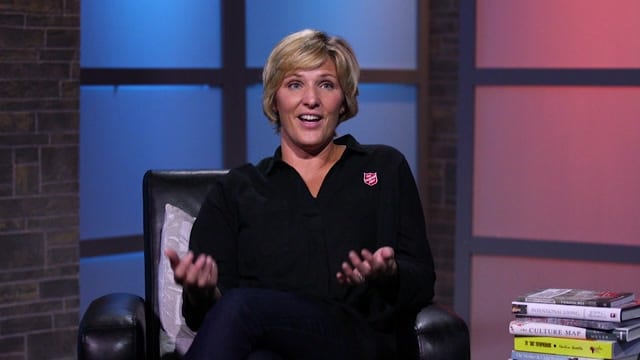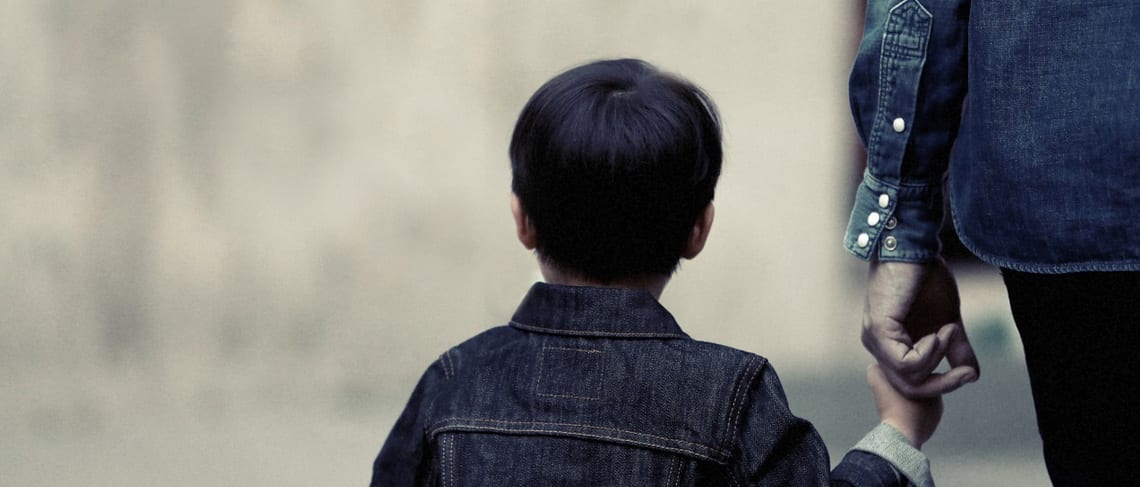
In October 2015, Nick Osterland, a leader passionate about customer service, was invited to attend the GLS in Finland for the first time. Little did Nick know how God would use this event to stir up the calling He placed on his heart a long time ago.
 Listening to the Summit was so inspirational. I could hardly sit in my seat!
Listening to the Summit was so inspirational. I could hardly sit in my seat!
The people from my church were looking at me, because they knew how passionate I am about customer service. I felt God was speaking to me during Horst Schulze’s talk—not with words, but with conviction deep in my heart.
I was nine years old when I served my first customer and that passion to serve people well has always been there in one way or another, for as long as I can remember.
That passion is what became my vision for the future.
I knew I had to start this journey of a company to give back to the community by bringing forward this message of serving others.
During the GLS, it all took shape. Nick understood that the gifts and knowledge he had gained over the years were there for a purpose. And he realized it was about time he gave back to the community by sharing his knowledge and experience.
Because of the GLS in Finland, Experience 360, a customer service training company, was born. The program was developed for retail businesses, hospitality, healthcare, entertainment, transportation, tourism, customer complaint departments and recruiting.
 At Experience 360, we teach people how to treat people, and how to see people in a godly way within a business environment—true customer service. We call it Experience 360, because we teach people customer service from A to Z—implementing above-and-beyond service into everything a customer experiences. It’s important for the customer to be surrounded and embraced in excellent customer service from all sides.
At Experience 360, we teach people how to treat people, and how to see people in a godly way within a business environment—true customer service. We call it Experience 360, because we teach people customer service from A to Z—implementing above-and-beyond service into everything a customer experiences. It’s important for the customer to be surrounded and embraced in excellent customer service from all sides.
Our core values are based on the Bible.
- Treat people as you want to be treated.
- Conduct yourself with love and respect.
The examples from the Bible are endless. We try to implement those moral principles, those principles that God himself, through the example of Jesus, brought to us.
We don’t scream “Jesus” to our customers, but by implementing those moral principles, we bring Jesus to the table. People can feel it and begin to understand it.
It’s hard to share faith in the business world without being silly, pushy or strange, but I have to say, I dare to share that faith. It is who I am. I’ve been saved by Jesus and saved by grace, and my customers deserve to know. So far, in all my speaking engagements, it’s been welcomed. Because it brings moral ground to the table, people are happy to listen.
Through the GLS and the teaching of Horst Schulze, God stirred a passion in Nick’s heart to show Jesus to the world through customer service. As a result, hundreds of people are experiencing Jesus’ love in the business world in Finland.













Recent Comments